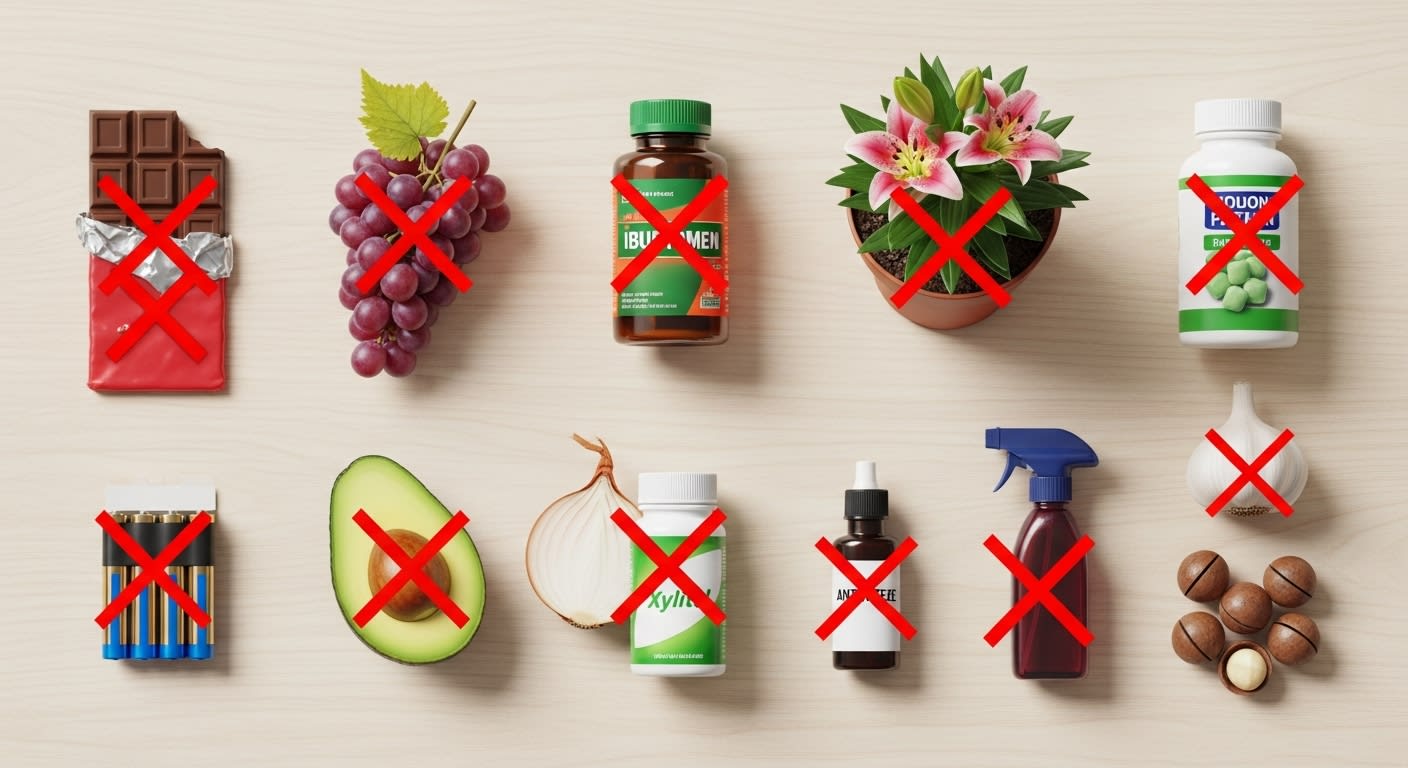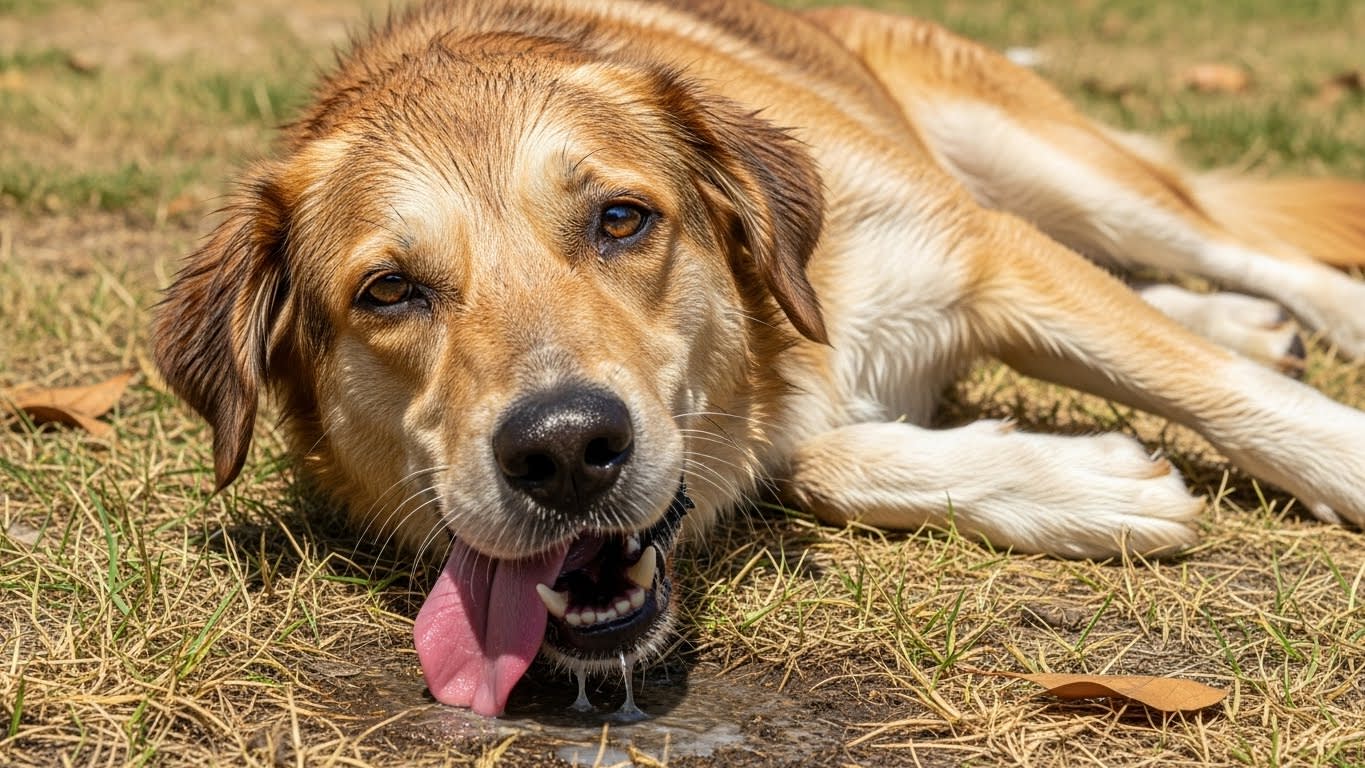Pet Health & Veterinary Care
20 Best Reptiles To Keep As A Pet In Nigeria
Reptile pet ownership in Nigeria is becoming more popular as animal lovers look for unique, fascinating, and low-maintenance companions. While cats and dogs remain common choices, reptiles offer an entirely different experience. From calm tortoises to vibrant geckos and docile pythons, there are several species perfect for both beginners and experienced keepers.
However, before diving into reptile ownership, it’s important to understand the legal and care requirements involved. Platforms like Mygotovet help potential owners connect with qualified veterinarians who specialize in exotic animals, ensuring your reptile stays healthy and happy. In this article, we’ll explore the 20 best reptiles to keep as a pet in Nigeria, their unique traits, and care tips for each species.
Best Reptiles To Keep As A Pet In Nigeria
1. Ball Python
The Ball Python tops the list as one of the best reptiles to keep as a pet in Nigeria. Known for its gentle temperament and manageable size, it’s ideal for beginners. Native to West Africa, this python thrives in Nigeria’s warm climate. Moreover, it rarely bites and is easy to feed on pre-killed rodents.
2. Leopard Gecko
This small, friendly lizard is a global favorite. Leopard geckos are insectivorous and easy to handle, making them great pets for first-time reptile owners. Their low maintenance needs and fascinating patterns make them an excellent choice for Nigerian homes.
RECOMMENDED:
Top 10 reasons to Talk to a Vet in Nigeria
7 Pet Care & Training Tips For Nigerian Pet Owners
Prepare Your Pet For A Vet Visit In Nigeria [2025]
3. African Spurred Tortoise
One of the largest tortoise species, the African Spurred Tortoise can live over 70 years! It’s herbivorous, feeding mainly on grasses and vegetables. It thrives outdoors in warm areas, but owners must provide adequate shade and space.
4. Red-Eared Slider Turtle
This semi-aquatic turtle is both playful and easy to care for. It requires a water tank and a basking area under UV light. Though not native to Nigeria, it adapts well to the environment when cared for properly.
5. Agama Lizard
Commonly found across Nigeria, the Agama Lizard is colorful, hardy, and inexpensive to maintain. It’s best kept in outdoor enclosures with access to sunlight. However, hygiene is key since they may carry parasites, so regular checks via Mygotovet are recommended.
6. Bearded Dragon
Bearded dragons are known for their calm behavior and expressive personalities. They are omnivores, eating both vegetables and insects. Although they need special lighting, their adaptability and friendliness make them one of the best reptiles for pet enthusiasts.
7. Greek Tortoise
Compact and easy-going, the Greek tortoise enjoys moderate humidity and plenty of sunlight. It’s a great option for people with limited space who still want a long-lived pet reptile.
8. Corn Snake
The corn snake is a beautiful and docile species. It’s non-venomous, easy to feed, and comes in various colors. Its manageable size makes it ideal for both beginners and experienced keepers in Nigeria.
9. House Gecko
A common sight in many Nigerian homes, the house gecko is harmless and useful for controlling insects. With the right terrarium, it can become a fun, low-cost pet that requires minimal attention.
10. African Rock Python
For advanced reptile enthusiasts, the African Rock Python is a majestic but demanding species. It grows large and requires a secure enclosure. Keeping one legally requires a licence, as it falls under Nigeria’s wildlife protection laws.
11. Sand Boa
Small and gentle, the sand boa loves burrowing into loose sand. Its calm demeanor and simple care routine make it perfect for hobbyists who want a manageable snake species.
12. Hermann’s Tortoise
This small tortoise species is popular worldwide. It enjoys basking under sunlight and munching on leafy greens. With proper diet and care, it can live for decades, offering a long-term companionship experience.
13. Chameleon
Known for their color-changing skin, chameleons are visually stunning pets. They require specific humidity levels and insect-based diets. Beginners should start with easier species like the Veiled Chameleon.
14. Monitor Lizard
Although not ideal for beginners, monitor lizards can become intelligent and interactive pets. They grow large and need spacious enclosures. With proper handling and care from a vet, they can thrive in captivity.
15. Uromastyx
Also known as spiny-tailed lizards, uromastyx are colorful, vegetarian reptiles that enjoy basking in warm climates. They are docile, hardy, and suitable for Nigerian temperatures.
16. King Snake
The King Snake is famous for its immunity to venom from other snakes. It’s non-aggressive, easy to feed, and highly adaptable. A properly heated enclosure ensures its comfort in Nigeria’s tropical environment.
17. African Helmeted Turtle
This small aquatic turtle is native to Africa, making it well-adapted to Nigerian weather. It enjoys shallow water and basking platforms. With regular feeding and tank cleaning, it can live up to 25 years.
18. Skink
Skinks are smooth-bodied lizards that come in various species. Many are native to Nigeria, including the blue-tailed skink. They’re easy to feed on insects and require moderate humidity and space to burrow.
19. Burmese Python
Though massive in size, the Burmese python is calm and often handled easily. It’s best for advanced reptile owners who can provide ample space and secure enclosures. Owning one may require a Captive Animal Licence, so check regulations before purchase.
20. African Dwarf Gecko
Tiny but full of personality, this small gecko species thrives in tropical conditions. It feeds on fruit puree and insects. Its small size makes it perfect for apartment dwellers seeking a low-maintenance reptile companion.
Legal and Ethical Considerations for Reptile Ownership
Before owning any reptile in Nigeria, it’s vital to understand the Wild Animals (Captive Animals) Regulations of 1975. This law mandates a Captive Animal Licence for keeping exotic or protected species. Always ensure your reptile is legally sourced and captive-bred, not taken from the wild.
Platforms like Mygotovet offer guidance on legal compliance and connect you with certified veterinarians who can help you maintain ethical and safe ownership practices. Responsible pet ownership not only ensures the animal’s well-being but also supports conservation efforts.
Tips for Caring for Reptiles in Nigeria
-
Provide species-specific temperature and humidity using thermostats and misting systems.
-
Feed reptiles according to their natural diets (insects, vegetables, or small rodents).
-
Keep enclosures clean to prevent diseases.
-
Always consult a Mygotovet veterinarian for health checkups.
Choosing the Right Reptile Companion
Reptile pet ownership in Nigeria is an exciting journey filled with learning and responsibility. Whether you prefer the calm tortoise, curious gecko, or striking python, each species offers something special. However, responsible ownership goes beyond admiration, it involves proper housing, diet, and veterinary care.
Mygotovet makes reptile care easier by connecting you with experienced exotic animal veterinarians across Nigeria. Don’t just admire reptiles, care for them responsibly and create a safe, healthy environment they can thrive in.
Ready to start your reptile journey? Find a Vet among our certified reptile vets or simply signup to Talk to a Vet and learn how to care for your pet reptiles the right way.
Frequently Asked Questions on Pet Reptiles
1. Do I need a licence to keep reptiles in Nigeria?
Yes, especially for exotic or protected species such as pythons or monitor lizards. Always apply for a Captive Animal Licence through your state’s Ministry of Environment.2. What is the easiest reptile to care for in Nigeria?
Leopard geckos, Greek tortoises, and corn snakes are among the easiest reptiles for beginners.3.Where can I find reptile veterinarians in Nigeria?
Use Mygotovet, an online platform connecting pet owners with licensed exotic animal veterinarians across Nigeria.4. Are reptiles dangerous to keep as pets?
Most pet reptiles are harmless if handled correctly. However, always exercise caution with larger species like pythons or monitors.5. What should I feed my pet reptile?
Diet depends on the species, snakes eat rodents, lizards eat insects or vegetables, and tortoises prefer leafy greens.Animal Health & Blogs

23 January 2026
0 likesFinding the best online vet stores in Nigeria has become much easier in recent years. Today, across cities like Lagos, Abuja, and Port Harcourt, bu ...
Read More
21 January 2026
0 likesCommon poisons in pets are one of the most frequent emergencies veterinarians see, especially in Nigerian homes whe ...
Read More
16 January 2026
0 likesDog heatstroke in Nigeria can escalate in minutes, especially during hot afternoons, traffic hold-ups, or power o ...
Read More